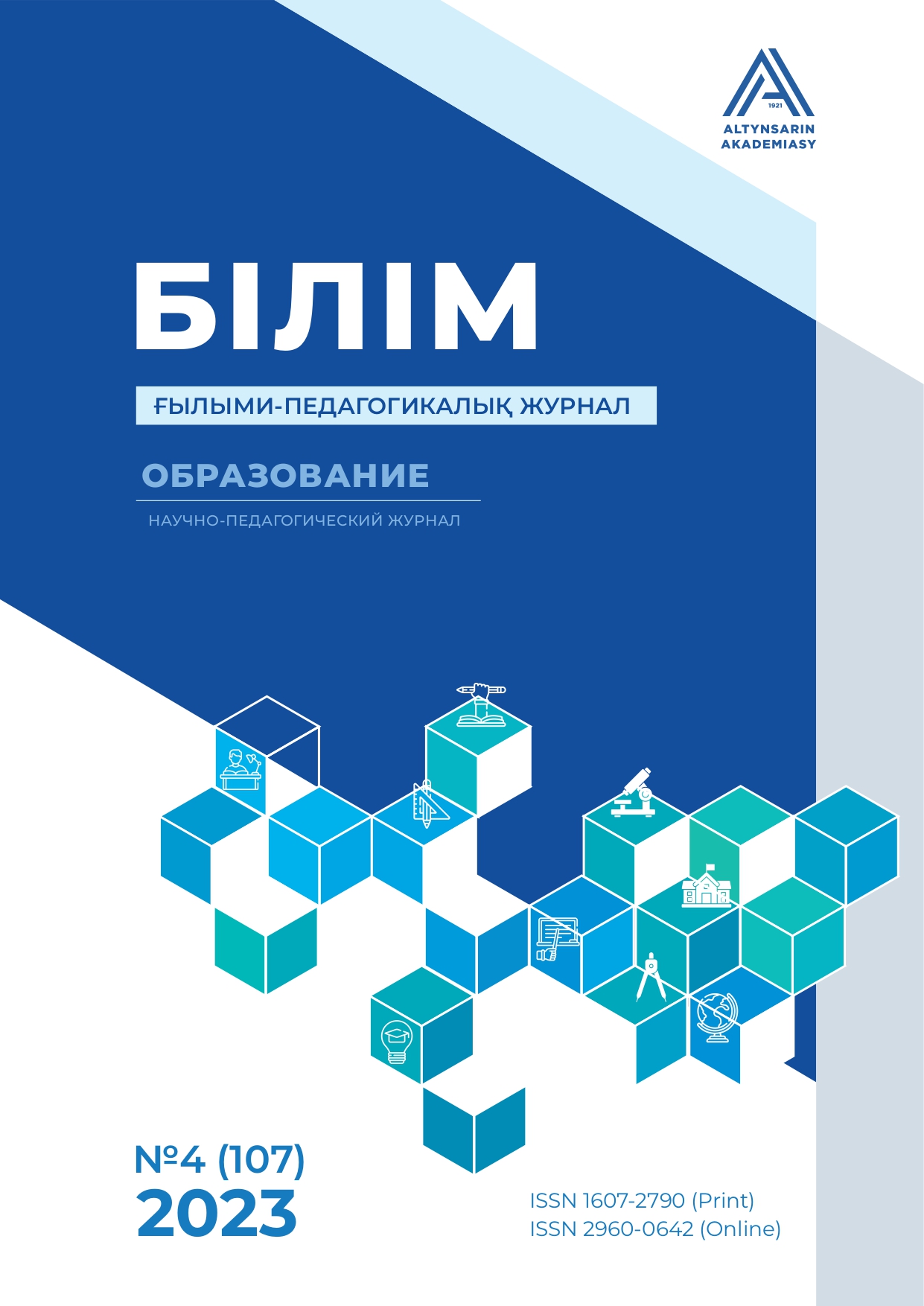Орта мектепте бағдарламалауды оқытудың әдіснамалық тәсілдері мен технологияларына шолу
##plugins.pubIds.doi.readerDisplayName##:
https://doi.org/10.59941/2960-0642-2023-4-89-104Түйінді сөздер:
мектептегі бағдарламалау, әдістемелік тәсілдер, технологиялық тәсілдер, бағдарламалауды оқыту технологиялары, геймификация, блокчейн технологиялары, білім беру роботтары, виртуалды шындықАннотация
Қазіргі ақпараттық дәуірдің шындықтары мектептегі білім берудің, оның ішінде ғылыми және жаратылыстану-математикалық білім берудің мазмұны айтарлықтай қайта қарауды қажет ететіндігін көрсетеді. Бастауыш білім беруді қоса алғанда, жалпы білім беретін мектепте бағдарламалау негіздерін міндетті түрде оқытуға әртүрлі жастағы бағдарламалауды үйренуге арналған көптеген қолжетімді және қарапайым құралдардың пайда болуы сияқты фактор да ықпал етті. Бағдарламалау оқытуды қызықты, жылдам, дәл және қарапайым ететін ең тиімді құрал болып саналады, ал оқу процесінде алынған білім мен дағдылар ғылыми, терең және жалпыланған. Зерттеу барысында мектепте қазақ, орыс және ағылшын тілдерінде бағдарламалау бойынша 42 дереккөз талданды. Осы тақырып бойынша ғылыми зерттеулердің теориялық және әдіснамалық талдауы мектепте бағдарламалауды оқытудың келесі тәсілдерін бөліп көрсетуге мүмкіндік береді: бағдарламалау тілдерін үйренуге бағытталған дәстүрлі оқыту технологиялары; білім беру робототехникасын қолдана отырып оқыту; геймификацияға негізделген оқыту; блокчейн, виртуалды шындық және жасанды интеллект элементтерін қолдана отырып оқыту. Бұл зерттеудің нәтижелері заманауи ғылым мен технологияның жетістіктерін ескере отырып, мектеп бағдарламалау курсының мақсаттары мен міндеттерін анықтауда әдіснамалық алғышарттар бола алады.
 ҚАЗ
ҚАЗ РУС
РУС ENG
ENG
